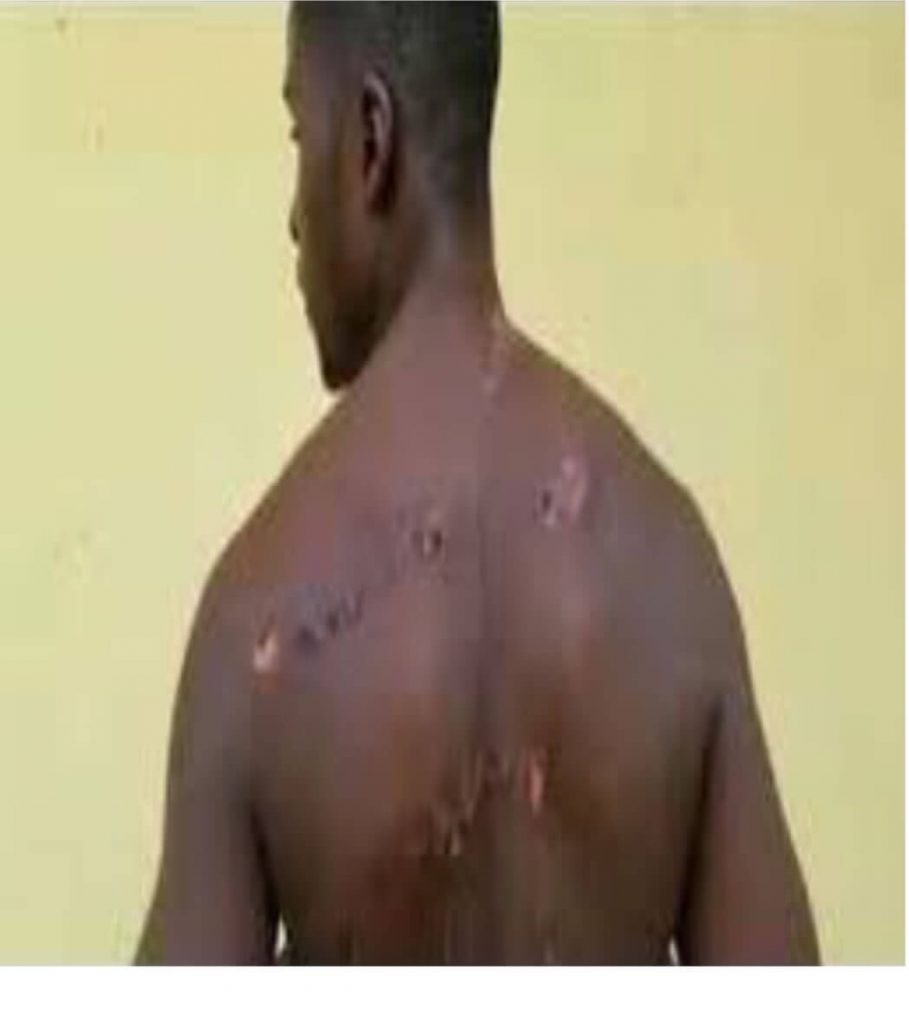Our Troubles
OUR HISTORY
The crisis came to a head in late 2016 when lawyers, joined by teachers and others with similar grievances, led protests in major western cities demanding that the integrity of their professional institutions be protected and their minority rights respected. President Paul Biya responded by deploying troops to the region and blocking internet access. When peaceful demonstrations were met with violent repression it exacerbated tensions and escalated the conflict to a national political crisis. On June 12, Amnesty International issued a report documenting human rights violations in Cameroon. The International Crisis Group says that at least 120 civilians and 43 members of security forces have been killed in the most recent waves of violence. More than 20,000 people have fled to neighbouring Nigeria, and an estimated 160,000 are displaced within Cameroon.
Some human rights activists worry that Cameroon could be the site of Africa’s next civil war.
Agbor Nkongho, an Anglophone human rights lawyer and director of the Center for Human Rights and Democracy in Africa, told the Washington Post: “We are gradually, gradually getting there (civil war). I’m not seeing the willingness of the government to try to find and address the issue in a way that we will not get there.”
Another issue is that there are diverse views even within the Anglophone and Francophone communities about what would be best for Cameroon going forward.
The problem arose during the early 60s when most African countries where clamoring for independence. The French Cameroun then had their independence on the 1st January 1960 while the UN and British Government gave authorizagtion with a clause for British Southern Cameroon to gain their independence by joining French Cameroun as a 2 state Federal Government on 1st October 1961. But the next day after independence the French Cameroun military invaded British Southern Cameroon and recolonized it and assimilated all its citizens and public institutions. Then the crisis began which have developed over the past 57 years into a full blown war declared unto them by the Government of French Cameroun through their President Biya on the 30th November 2017.
Refugees have amassed to over 80,000 in Nigeria, 20000 people killed by the conflict, 2000 persons unlawfully arrested and jailed, 160,000 internally displaced through out the Anglophone territory as well as French Cameroon. IDPs are in the forest and bushes while refugees in 3 different states in Nigeria namely Cross-river, Taraba and Benue States. Refugees don’t have food to eat because the Nigerian and Cameroun Government have done nothing and have been silent over the crisis and the UN can barely take care of the over 20,000 registered while the un-registered have no access to life in the communities in which they seek refugee in Nigeria.

















